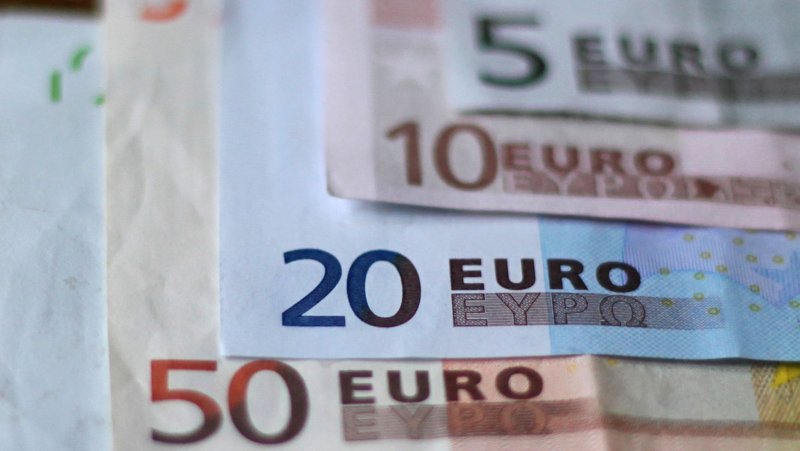Euro banknotes are seen in Paris on June 7, 2012. UPI/ David Silpa |
License Photo
The European Central Bank on Thursday turned to one of its basic policy tools and lowered its benchmark interest rate to 0.75 percent, a historic low.
Until Thursday, the ECB had kept its rate at 1 percent since the financial crisis turned to an economic meltdown in 2008 and 2009. The only anomaly was June and July of 2011, when the central bank raised its rates on the concept that an economic recovery was taking hold.
It wasn't. And the only consequence, beyond a few embarrassing months, is that the ECB seemed to have learned its lesson. The bank has a new president now in Mario Draghi, who succeeded Jean-Claude Trichet. Regardless, policy makers there did not fall for the recovery signals of late 2011 and early 2012, which also turned out to be another faux recovery at best.
All the signals of the false recovery of 2011 have repeated themselves, including a promising succession of months in which hiring improved and business investment appeared strong.
The phony recovery of 2012, however, feels different, as the melodrama in the background -- the sovereign debt crisis in Europe – has only escalated in the past 12 months.
In 2011, Italy and Spain were viewed as potential trouble spots with economy's so large a rescue would thoroughly exhaust the international efforts at rescuing the euro.
Central bank observers will note that Spain has asked for help and Italy has not. But then it will be noted that the interest rate was not changed to battle sovereign debt issues directly.
As disruptive as that would for Spain or Italy to fall into default, the issue at present is deflation, not debt.
Excluding the construction sector, producer price in the European Union and the eurozone were unchanged in April and fell in May.
It was at that point that economists began mumbling that the ECB would consider lowering their interest rates. It turns out, they were right.
More unexpectedly, The New York Times reported Thursday that the People's Bank of China also cut benchmark interest rates Thursday and prices are, again, the issue behind the decision.
While China's lofty growth rate has slowed sharply in the past year, skyrocketing property prices in the cities have turned the corner, falling about 20 percent in the past year.
In China, the economy was growing so fast that instead of a door hitting you on the way out, this is a door slamming behind you on the way out.
Inflation in China was pushed by a booming economy and a fast-growing middle class. While property price are falling, wages are now pushing producer higher.
China and Europe are both trying to keep deflation at bay. Keep the economy going to support prices, because falling prices is the most peculiar economic brake, as consumers and businesses conclude it is better to put off spending.
In international markets Thursday, the Nikkei 225 index in Japan dropped 0.27 percent, while the Shanghai composite index in China fell 1.17 percent. The Hang Seng index in Hong Kong rose 0.5 percent, while the Sensex in India gained 0.43 percent.
The S&P/ASX 200 in Australia was flat, dropping 0.07 percent.
In midday trading in Europe, the FTSE 100 index in Britain shed 0.14 percent, while the DAX 30 in Germany gave up 0.83 percent. The CAC 40 in France fell 1.41 percent, while the Stoxx Europe 600 lost 0.51 percent.















